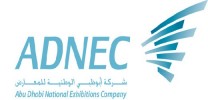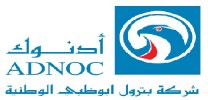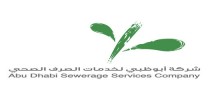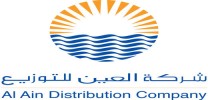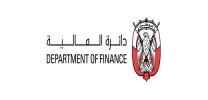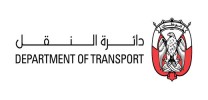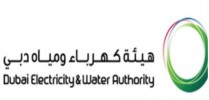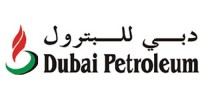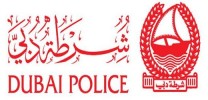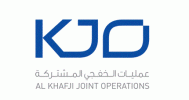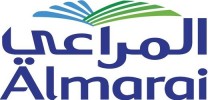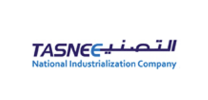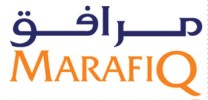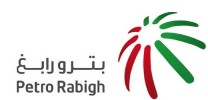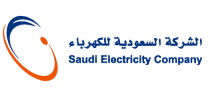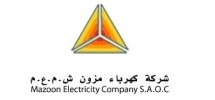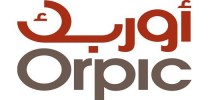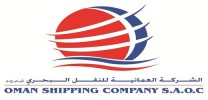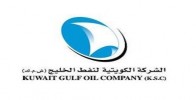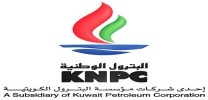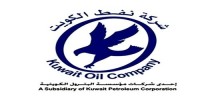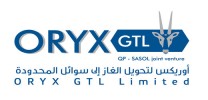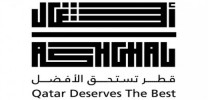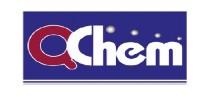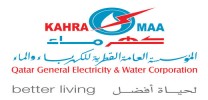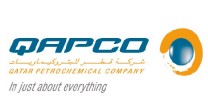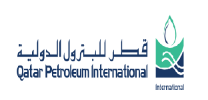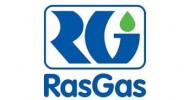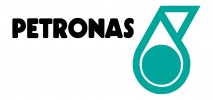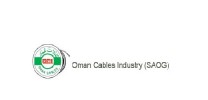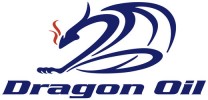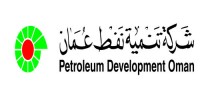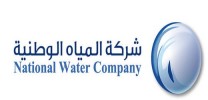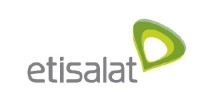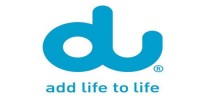
Troubleshooting Process Operations
Course Introduction:
Troubleshooting is the process used to diagnose the fault safely and efficiently, decide on corrective action and prevent the fault from reoccurring. Process engineering, especially troubleshooting, is different from most other branches of technology in another respect. It is not advancing very quickly. The principles of distillation, hydraulics, phase separation and heat transfer, as they apply to process applications have been well-known principles. The aspect of the job that makes it so difficult is that most process problems are initiated by human error- a never ending source of surprise.
This course is designed to provide instruction in the different types of troubleshooting techniques, procedures, methods used to solve process problems. Participants will use existing knowledge of equipment, systems and instrumentation to understand the troubleshooting process operations of an entire unit in a facility. Participants study concepts related to troubleshooting commissioning, normal start up, normal operations, normal shutdown, turnarounds, and abnormal situations, as well as the Process learn role in performing tasks associated with these concepts within an operating unit.
Delegates will learn and review the core competencies required for successful operation and implementation of an effective operations process in the current global economic downturn. They will complete an in-course assignment, which analyse their own process operation and which will serve as an action plan for improvement.
Course Objectives:
Upon successful completion of this course, the delegates will be able to:
- Gain a broad understanding and appreciation of the core functional aspects of how an effective operational process should operate
- Review the five standard maintenance improve tactics and their selection technique to ensure reliable process plant & equipment
- Learn how to develop a comprehensive operational process resource and support system analysis
- Understand the principles of PAS 55, the most recent maintenance process audit standard
- Gain insight and understanding into the unique leadership and motivation principles required for technical management
Who Should Attend?
This course is intended for process engineers, maintenance engineers, maintenance staff, plant engineers, team leaders, section heads, production engineers, operation engineers and field engineers will definitely benefit from the engineering problem solving approach of the course. Shift foremen, plant supervisors and other technical staff will gain an excellent knowledge from the practical aspects of this course.
Course Outline:
Day 1:
REVIEW OF BASIC MODERN OPERATIONS PRACTICE
- Review of modern operational practice in the light of the global economic recession
- Integration of maintenance and production to establish a world class operations department
- Generic performance measurement model using a 6 point scale
- Combining the parameters of speed; quality; and cost; in maintenance performance measurement
- The 10 point planning standard and the role of the planning department
- Developing effective strategies for the operational process in order to achieve organizational excellence and continuous improvement
Day 2:
STANDARD MAINTENANCE IMPROVEMENT INITIATIVES
- Selecting the ‘correct’ maintenance tactic mix
- Reliability Centered Maintenance (RCM)
- Total Productive Maintenance (TPM)
- Condition Based Maintenance (CBM)
- Time Based Maintenance (TBM)
- Run-To-Failure (RTF)
Day 3:
OPERATIONAL RESOURCE ANALYSIS
- A ‘blueprint’ for effective operational practice
- Resource and support system analysis with ‘Gap Analysis’
- Leadership development and motivation of operations employees
- The PAS 55 Maintenance Process Standard
- Principles of information management
- Risk identification, assessment and control
- Training, awareness and competence
Day 4:
PROBLEM SOLVING IN THE OPERATIONS ENVIRONMENT
- Theory of inventive problem solving
- Problem solving techniques and case studies
- Exercises and facilitation
Day 5:
SCENARIO ANALYSIS AND ACTION PLAN DEVELOPMENT
- Review and analysis of your specific operations environment
- Assessment assignment and scoring of your operational process
Course Methodology:
A variety of methodologies will be used during the course that includes:
· (30%) Based on Case Studies
· (30%) Techniques
· (30%) Role Play
· (10%) Concepts
· Pre-test and Post-test
· Variety of Learning Methods
· Lectures
· Case Studies and Self Questionaires
· Group Work
· Discussion
· Presentation
Course Fees:
This rate includes participant’s manual, Hand-Outs, buffet lunch, coffee/tea on arrival, morning & afternoon of each day.
Course Timings:
Daily Course Timings:
08:00 - 08:20 Morning Coffee / Tea
08:20 - 10:00 First Session
10:00 - 10:20 Coffee / Tea / Snacks
10:20 - 12:20 Second Session
12:20 - 13:30 Lunch Break & Prayer Break
13:30 - 15:00 Last Session





.jpg)

















